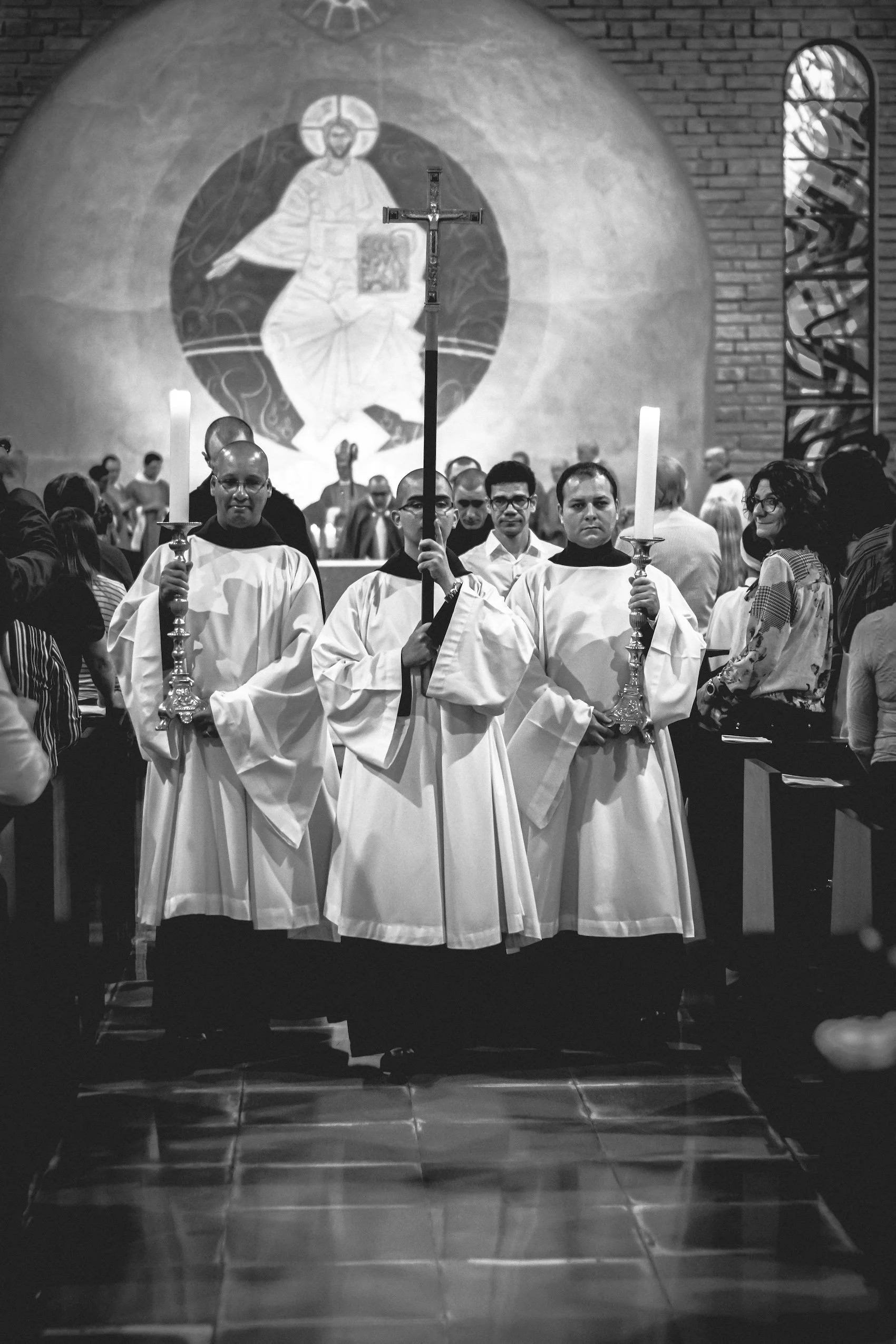
Christian worship in Mexico
The musical resources available to Spanish churches in Mexico are sorely lacking. This is the case for a variety of reasons. Simply put, there has not been a Protestant reformation like what occurred in the 1500s in Europe. Mexico became Catholic and it is still Catholic. While we have no ill will towards Catholics (especially those in our area), this has limited Mexico’s ability to expand fully into Christianity.
Congregational Singing
One of the primary musical changes which occurred in Europe during the Reformation was a return to Congregational singing, which had been lost over the centuries. Worship had become a performance that the priests did and the congregations watched, as an audience would. The communion service had succumbed to this practice as well—congregations would partake only once a year, and then not at all—it was something the priest did up in the front.
In much the same way, the United States (and the broader Evangelical world) has fallen prey to regarding the worship service as something that the congregation observes or participates in only if desired—the main body of worship is done up front, with the band. It is our desire to help the church, both in the States and in Mexico, regain its ability to sing in a congregational fashion—which means we’ve got a lot of work ahead of us.
Theological Accuracy
Many of the Spanish translations of hymns are woefully swamped with theological inaccuracies and feminist ideologies. We are on a hunt to find better resources.
Poor Metrical Cadence
Many of the Spanish hymns, when translated, do not have a proper poetical meter. This results in stuffing way too many syllables into one line and stretching them too far out on another line. This is confusing at best for people who are familiar with singing hymns—imagine how impossible this is for folks who have never sung in their lives! This is another area in which we are trying to find better solutions.
No Psalms
Singing Psalms is very uncommon in Mexico. Admittedly, it has also become uncommon in the states since the time of the second great awakening. But it is almost nonexistent in Mexico. Much of this is because the singing of the Psalms has been a very Protestant thing to do, and currently Protestants aren’t doing it. Instead, much of the Protestant mission efforts in Mexico are exporting the latest translated radio hits from the states. My wife and I have experienced first hand the depth and beauty of singing God’s word back to Him, and we want our neighbors, both in the States and in Mexico, to experience this as well.
Spanish Psalm Project
This is the beginning of our endeavor to popularize the singing of Psalms in Spanish to the traditional or classical style of congregational singing created during the time of the reformation. This is not simply one preference over another: it is a style specifically designed for congregational singing. It was begun primarily in Germany and in France during the 1500s, spreading from there to the rest of Europe and into America and other parts of the world.
We believe that this is a style attainable across cultures, and it is recognized in Mexico as something “very old and ancient sounding”—very much Catholic, in fact. Through making videos and publishing songs such as this one, we hope to contribute to the Spanish speaking Christian world, both in Mexico and abroad.
English Psalm Project
While we hunt for good Spanish Psalm resources, we also hope to be a blessing to the English speaking church in America and around the world by publishing Psalms and hymns to the traditional style in English. We have just released our first album Troublous Seas: Psalms and Hymns of the Cantus Christi, Vol. 1, and we hope that this is the first of many to come. You can find it on any music distribution platform, or you can buy the CD at our music website here.

